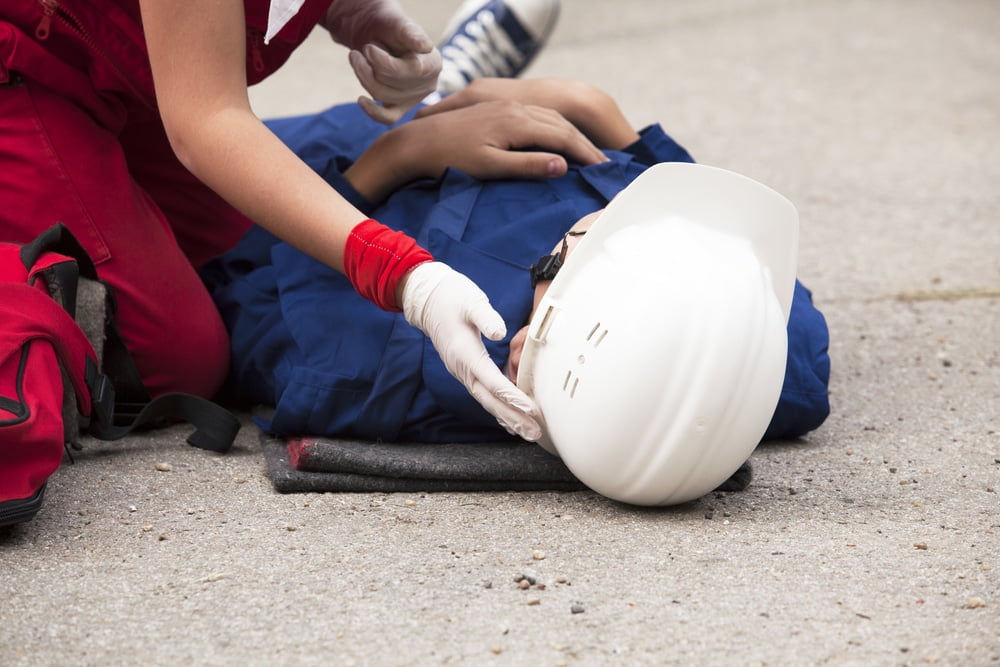In part one of this two-part blog series, we went over some of the immediate actions to take if you’re injured in a workplace accident or incident. These cases may be handled a bit differently from many other personal injury types, with possible claims coming either from the employee in question, the employer, or sometimes even both.
At the offices of William Rawlings & Associates, our personal injury attorneys are here to help with a wide variety of cases, including workplace incidents. In today’s part two, we’ll go over several additional steps to take as you move forward with a potential liability claim here, including several factors that are important if you’re filing certain worker’s compensation types.

Appointments and Symptom Tracking
We talked about seeking medical assistance in part one, and this also may involve certain follow-up appointments or sessions. These should be attended no matter what, especially if they’re providing documentation and evidence of how you’re recovering from injuries sustained during the incident.
Now, doctors and nurses are busy individuals whose jobs mandate they focus mostly on the most severe symptoms for patients. This means they may not necessarily record every symptom you’re feeling, particularly more minor ones – but this does not mean you can’t track your own symptoms. Use a phone, computer or another diary format to record and provide evidence of any such symptoms.
Formal Grievance
In any case where you believe you have been injured due to poor workplace conditions, you will work with your personal injury attorney to file a formal grievance against the employer. Such conditions may include defective equipment, hazardous and unmarked areas or several others.
Record Losses and Expenses
During the course of the post-accident proceedings, it’s vital for you to keep records of a variety of related financial areas. You’ll need to record all losses you’ve suffered due to the incident, including expenses – lost wages, money spent on out-of-pocket treatments or any other areas.
This information is often vital in winning your claim against the employer. It helps the court define the specific damages you’ve undergone due to the incident in addition to specific injuries.
Request Documents
At certain points during this process, there may become a need for you to request pertinent information – whether from the employer or another agency related to the incident. There are several legal documents that may play a role in a given worker’s compensation claim, for instance. This is one particular area where a personal injury attorney will assist you significantly, as we have years of experience with document and information requests from various entities.
For more on what to do after a workplace injury, or to learn about any of our personal injury or auto accident injury attorney services, speak to the staff at the offices of William Rawlings & Associates today.